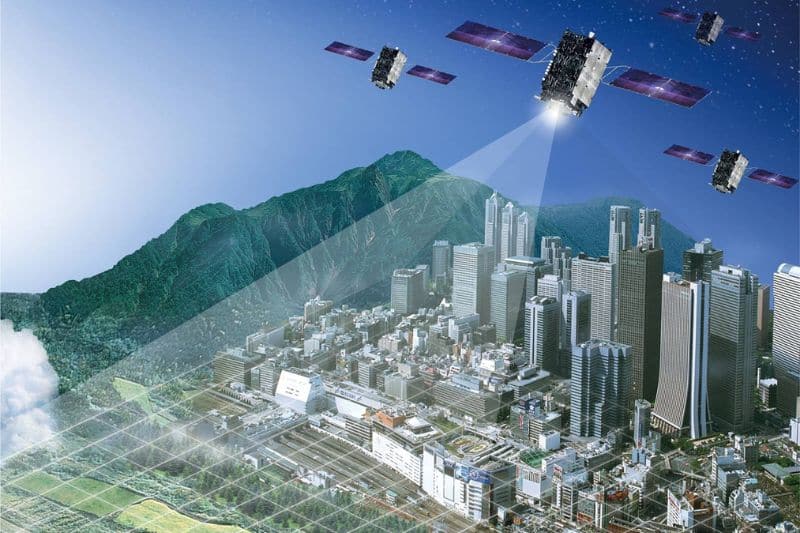The National Space Policy of Japan releases plans to expand its GPS network of four satellites to 11 in its Michibiki Quasi-Zenith Satellite System.
The National Space Policy of Japan has announced new plans to expand the Michibiki Quasi-Zenith Satellite System from a network of four to 11 satellites for its GPS network. This expansion will enable the country to independently operate its own GPS capabilities allowing users to determine their location from anywhere in Japan and relieve dependance on the current US system.
Michibiki is a network of satellites orbiting above Japan and Australia which already contributes data in addition to American GPS satellites enabling people in the region to know their locations as accurately as within several centimetres’ approximation, in contrast with a several metres’ accuracy for GPS alone.

In 2010, Japan launched the first Michibiki satellite on an H-IIA rocket, followed by three more since 2018, which has increased the accuracy and availability of American GPS signals to 24 hours a day.
The country’s space policy committee aims to submit a basic plan for approval this summer which will include the Michibiki network upgrade.
With an increase from four to seven satellites, the Michibiki system will already be able to act independently but with reduced accuracy such as in places of increased altitude such as mountains or skyscrapers.
Committee member Professor Kazuto Suzuki of the University of Tokyo noted that 11 satellites “would cover almost all of Japan.”
High levels of location accuracy will be necessary for the development and regulation of emerging technologies such as self-driving vehicles or delivery service drones. Alongside the proposed expansion of the country’s GPS network, Japan aims to further grow their offerings overseas.

Furthermore, if there were a disruption of service to the American GPS system, a completely independent Japanese system would be beneficial, especially in the instance of a natural disaster or other national emergency.
Professor Suzuki added that as the Michibiki system is designed to operate only over a specific region, “it can be considered complete with 11 satellites.”
Featured banner image credit: @Juntencho
Related Articles
AI Technology to Streamline Bureaucratic Processes in Japan
Weather AI Businesses in Japan Deliver Real-Time Alerts to Thailand and Vietnam





